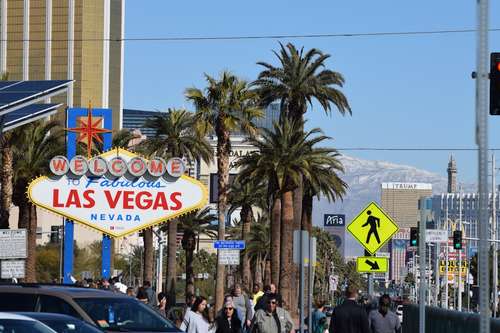Formula 1 has just announced something that has caught everyone by surprise - three races in the 2024 F1 calendar will be held on Saturdays!
This is totally different from the usual Sunday race day, which has left fans and pundits scratching their heads. But this decision is pretty simple and can be traced back to two main factors. If you wanna know what they are, keep reading till the end!
The first two races of the 2024 season, scheduled to take place in Bahrain and Saudi Arabia, will kick off on Saturdays.
This shift is directly linked to the holy month of Ramadan, which begins at sunset on Saturday, March 9, 2024.
In Saudi Arabia, where one of the races will be held, observing Ramadan holds significant cultural and religious importance.
Therefore, scheduling the race on Saturday ensures that it does not conflict with the start of this sacred period.
Additionally, the proximity of Bahrain and Saudi Arabia necessitates efficient travel arrangements for the F1 teams.
By holding both races on Saturdays, organizers provide an extra day for travel and setup, mitigating logistical challenges.
Furthermore, the Las Vegas Grand Prix, slated for later in the year, will also be a Saturday event. Unlike the earlier races, the decision here is driven by a desire to maximize viewership across different time zones.
By scheduling the race on a Saturday night, organizers aim to capture prime viewing hours for both American and European audiences.

For European fans, the race will coincide in the early morning hours, allowing them to enjoy the event with a cup of coffee.
Similarly, for American viewers, the Saturday night timing provides an opportunity to tune in without conflicting with other popular weekend activities.
This strategic scheduling aligns with Formula 1's broader efforts to expand its global reach and engage diverse audiences.
With the sport gaining traction in the United States, particularly fueled by the success of the "Formula 1: Drive to Survive" documentary series, organizers are keen on capitalizing on this momentum.
Formula 1 aims to attract a wider and more diverse fan base by hosting races at times conducive to different time zones, further solidifying its position as a premier international sporting spectacle.
However, while the move to Saturday races offers advantages in accommodating religious observances and enhancing global viewership, it also presents certain challenges.
For instance, the shift may disrupt the established routines of fans accustomed to Sunday race days.
Additionally, logistical considerations, such as travel and accommodation arrangements for teams and personnel, must be carefully managed to ensure smooth execution.
The decision to hold F1 races exclusively on Saturdays in the 2024 race calendar is driven by various factors, including religious considerations and a strategic approach to audience engagement.
By catering to diverse global audiences and optimizing viewing opportunities, Formula 1 aims to enhance the spectacle of its races and reinforce its position as a leading international sporting event.
While the shift may require adjustments for fans and stakeholders, it represents a proactive step towards innovation and inclusivity in the world of motorsport.



